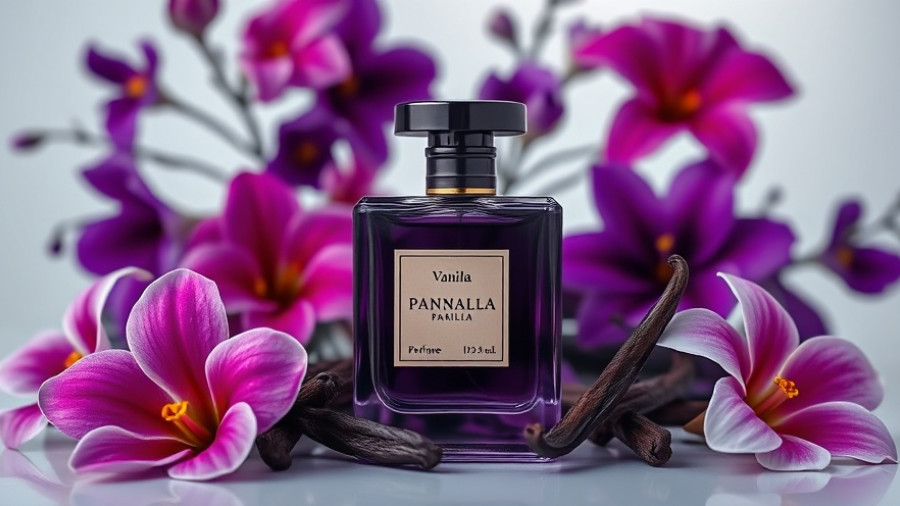
What the L’Oréal-Kering Deal Means for Luxury Beauty
On Sunday, L’Oréal made waves in the beauty industry by announcing its acquisition of Kering’s beauty division for nearly $4.7 billion. This monumental deal is poised to reshape the landscape of luxury beauty, bolstering L’Oréal's position as a leading player in the market. New CEO Luca de Meo's decision to sell stems from Kering's growing debt and a strategic pivot back to its core fashion roots.
The Growing Need for Strategic Acquisitions
The acquisition includes Kering’s fragrance brand Creed, known for its luxury scents, and grants L’Oréal exclusive 50-year licenses for iconic brands such as Gucci, Bottega Veneta, and Balenciaga. This not only enhances L’Oréal's fragrance portfolio but also opens opportunities to leverage their existing luxury marketing strategies to skyrocket sales in these underutilized brands.
The Impact on Emerging Beauty Brands
But what does this mean for emerging beauty brands? The consolidation in the market raises questions about how these smaller players can navigate the shifting landscape. With major conglomerates like L’Oréal integrating valuable assets, potential acquirers may dwindle. However, the opportunity remains for unique indie brands to carve out specific niches and appeal to the conscious consumer who prioritizes sustainability and authenticity.
Future Predictions for Beauty Brands
As L’Oréal integrates Kering’s assets, emerging brands may face both challenges and opportunities. The market's attention on sustainable practices and unique offerings means that brands rooted in ethical considerations may still thrive amid expanding conglomerate influence. Companies that innovate in sustainable sourcing, manufacturing, and marketing will likely resonate with a growing base of eco-conscious consumers.
What Should Emerging Brands Do?
For indie beauty brands, this moment calls for strategy and adaptability. It's crucial to understand the value of storytelling and authentic connections with consumers. Investing in community-building, transparent practices, and sustainable ingredients can position smaller brands favorably in the hearts and minds of today’s conscientious buyers.
The Broader Implications for the Beauty Industry
While L’Oréal’s acquisition could lead to increased competition over luxury fragrance and beauty licenses, it also sets a precedent for further consolidations within the beauty sector. Should competitors like Estée Lauder and Coty fail to adapt swiftly to this evolving landscape, they may find themselves struggling as market dynamics shift dramatically due to this mega-deal.
With Kering’s beauty division in stronger hands, the luxury beauty landscape is on an intriguing path of evolution. For consumers, this means more sophisticated and diverse offerings, while for emerging brands, it’s a nudge to rethink strategies and align with changing consumer expectations. The beauty industry is undeniably in a state of transition, and those willing to pivot will ultimately secure their place in this competitive market.
 Add Row
Add Row  Add
Add 




Write A Comment